5 Ways Robots Help Fight Fire and Disasters
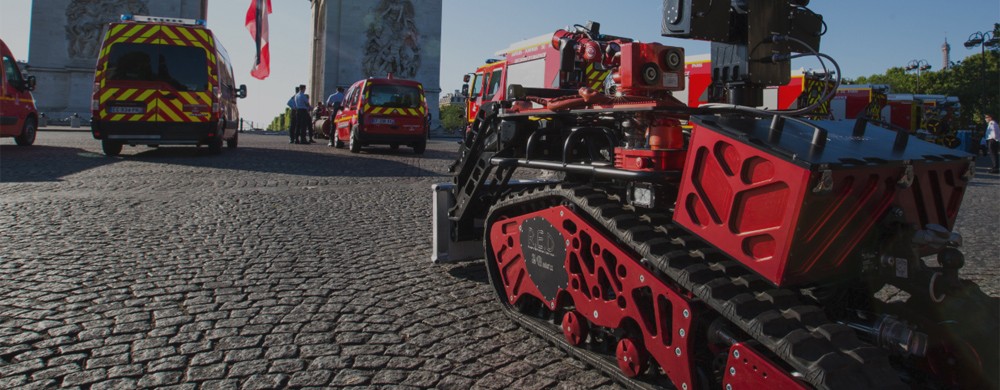
Robots aren't just for play and tinkering. While it's fun to put robot parts together, did you know that rescue operators and firefighters also rely on them to save lives?
Professional and Service Robots are often used in hazardous environments because they can do things that humans can't. Today's technology is revolutionizing the roles of robots and robotic systems.
Aerial tech like drones and maritime robots help with search and rescue, and disaster relief operations. Especially in places that are unsafe or highly dangerous, a robot can guide rescue teams, bring in more supplies, or gather data and information that would not otherwise be accessed.
Here are some ways that robots help rescue operators do their jobs better:
1. Locating survivors
Because robots and drones sometimes work on rechargeable batteries and operated with remote controls, they are useful for disaster relief efforts. Some have laser scanners, sensors, and cameras that allow them to see into tight or invisible spaces. For example, when rescuers must work in the pitch dark of night, or identify signs of life.
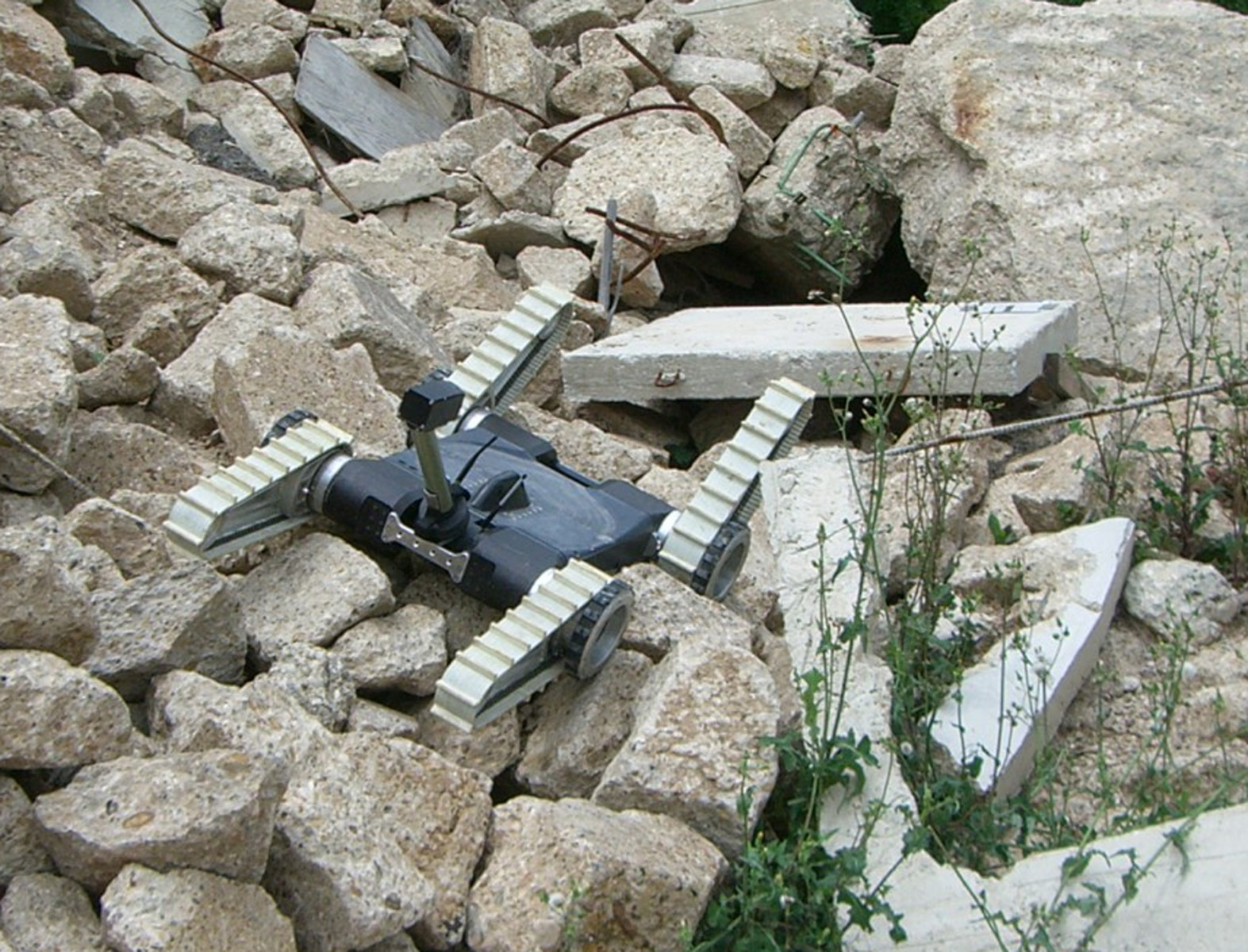
2. Helping Teams Respond Quicker
Robots' WiFi antennas are one way that rescue teams stay in communication with each other, and with disaster victims. This enables them to locate survivors, and send important messages back and forth. Robots can be used to hear if someone is alive somewhere, or identify hotspots where survivors may be trapped.
3. Taking Aerial Surveys
If I can see what I need to see, I can make better decisions
says Robyn Murphy, director of Texas A&M's Center for Robot-Assisted Search and Rescue. Her team has successfully trained robots to assist in dozens of disasters, including
earthquakes, hurricanes and nuclear accidents.
It's really challenging to be at a disaster. You have to be really good at what you are doing. But my job is so fulfilling. The way (robots) can be used for good.
4. Doing Underwater Rescues
Many rescue operations rely on maritime robotic vehicles. When major disasters occurred in Japan and Haiti in 2010 and 2011, robots were deployed to fishing areas and harbors where people were trapped. They assisted in reopening ports and identifying underwater spaces where victims of the disasters needed to be rescued.
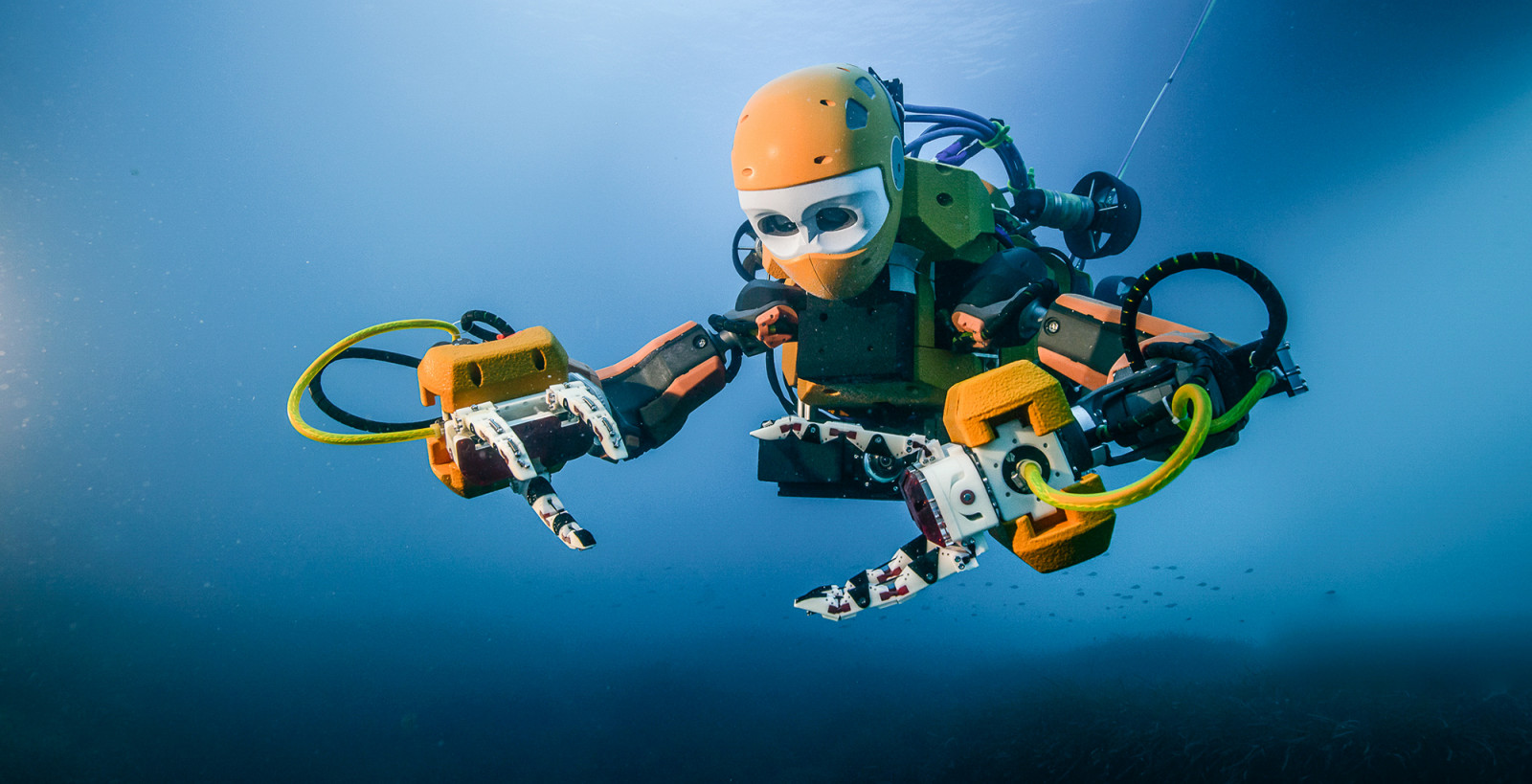
5. Help Fighting Fires
Researchers at IIT-Istituto Italiano di Tecnologia rcently tested a new version of the WALK-MAN humanoid robot. This robot was created specifically for supporting emergency response teams in fire rescues.
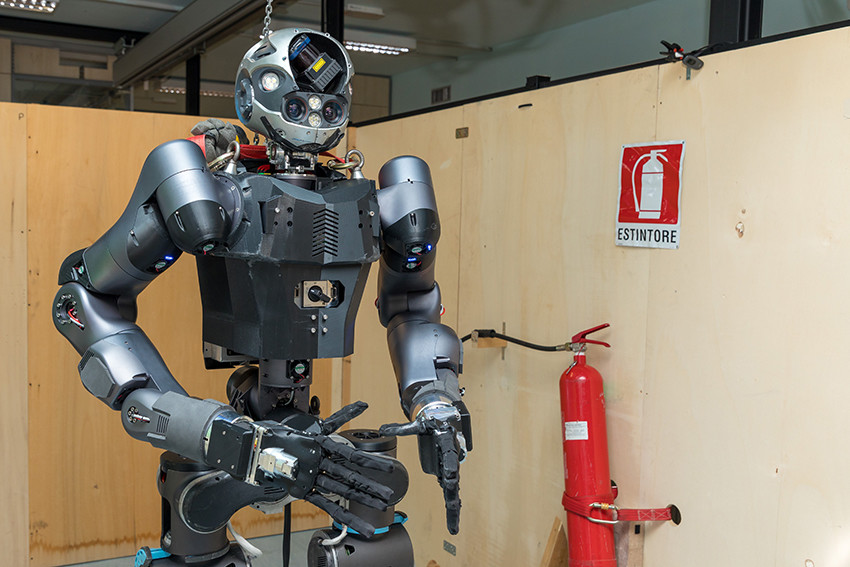
The robot can locate and head to a fire, then activate an extinguisher to put the flames out. Not only that; it can also process images of the fire scene, then send this data to emergency teams for further evaluation.
Judging from the data, firefighters will know which crucial decisions to make next. And in a life-or-death scenario, those split-second choices always matter.
Another firefighting robot used by the American navy is called SAFFiR: Shipboard Autonomous Firefighting Robot. It fights fires that break out on ships. Its sensors help it see through smoke, and its hands can manipulate ship doors or firehoses.
We saw a firefighting robot in action a few days ago that helped save the 856-year-old Notre Dame in Paris:
The Colossus Tank robot is remote controlled and is designed to operate in difficult conditions.
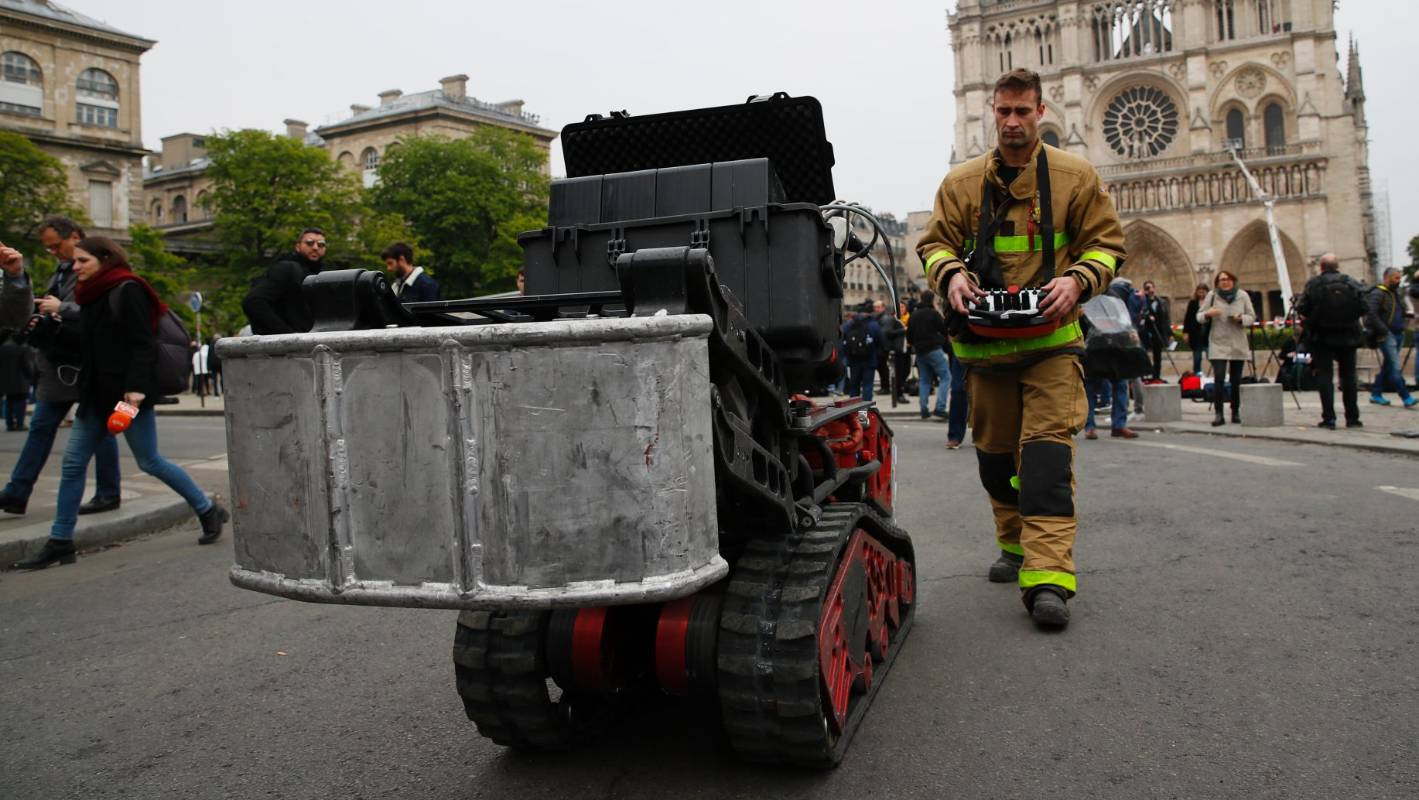
Robots are already helping humans to do a better job at saving lives. But in the future, they'll be more intuitive. With new technology, scientists will find a way for robots to increase survivor detection, and go into even more environments that they can reach now.
While they may be mechanically able, robots still need to be able to think and make decisions like humans.
Communication is one most important factors in search and rescue operations.
Can you think of more ways that robots parts can save lives? Join the RobotShop community to learn more about exciting advances in technology.
Picture Credit:
https://www.popularmechanics.com/technology/robots/a27183452/robot-firefighter-notre-dame-colossus/
https://nypost.com/2019/04/17/meet-the-firefighting-robot-that-helped-save-notre-dame/
https://yellrobot.com/firefighting-robots/
https://news.stanford.edu/2016/04/27/robotic-diver-recovers-treasures/
Source List:
https://www.youtube.com/watch?v=8jEejp8CCbA&feature=youtu.be
www.greatbigstory.com
https://www.govtech.com/em/safety/5-Robots-That-May-Rescue-You-From-Natural-Disasters.html
https://phys.org/news/2018-02-humanoid-robot-emergency-response-teams.html
Thanks for helping to keep our community civil!
This post is an advertisement, or vandalism. It is not useful or relevant to the current topic.
You flagged this as spam. Undo flag.Flag Post


